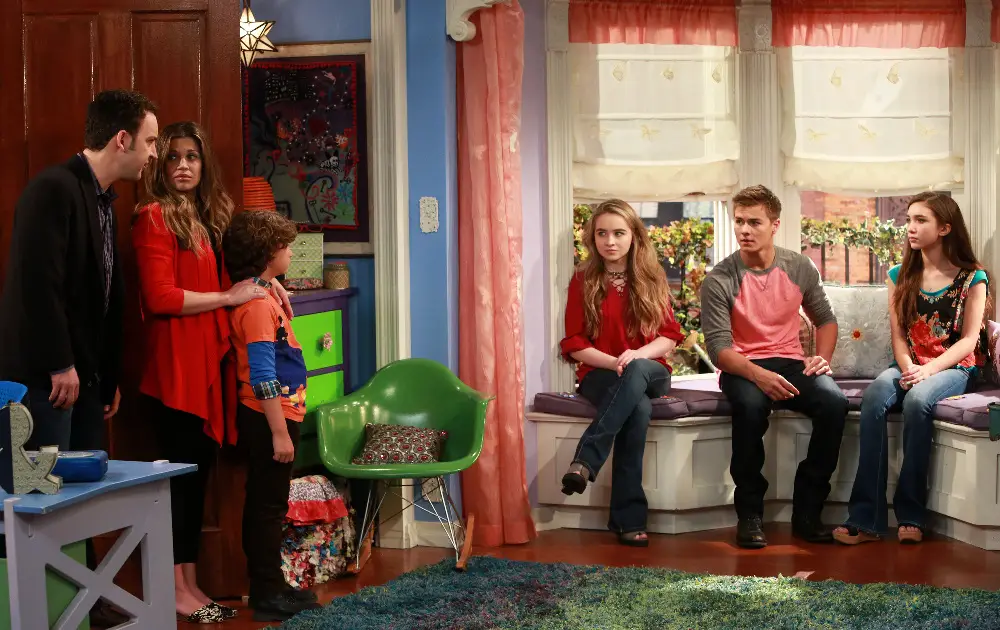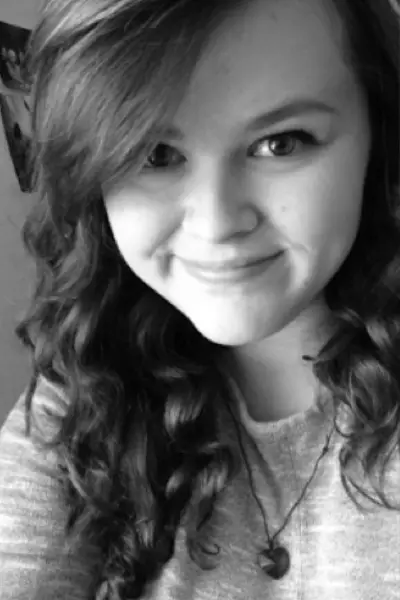The Shows Must Go On
Social media has allowed fans of imperiled series to connect with each other and with show producers, which has changed how networks make decisions.
By Michelle Criqui, James Madison University
It might be difficult to imagine now, but there once was a time in which network executives had the power to lay a television show to rest—for good.
Once it was decided by higher-ups that the ratings weren’t good enough, or the actors were too costly to rehire or the show just didn’t fit the network’s image anymore, that was it. Curtains down, lights out.
But the world of television is changing.
Characters no longer simply reside inside the silver screen, trapped in by the fourth wall, and shows certainly don’t end after being forced into re-run purgatory.
Thanks to the vast interconnectivity of social media, the invisible barrier between everyday fans and actors, showrunners, scriptwriters and network executives has crumbled down. Audience members now have the ability to directly voice their opinions on casting choices, relationships, storylines and everything in between, ultimately having a say in the increasingly interactive universe of television.
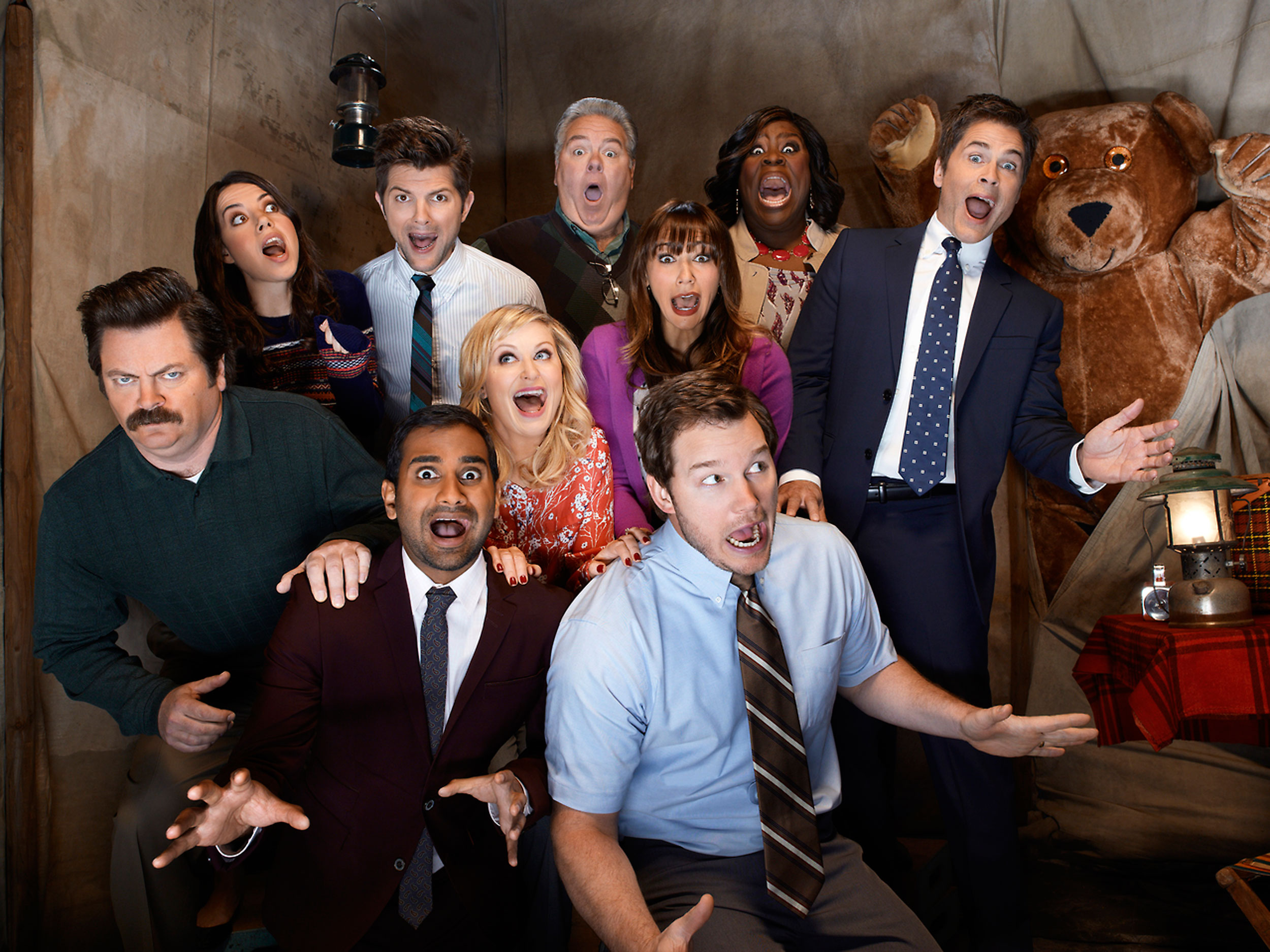
But the best part is that networks are listening. The Nielsen rating system, which has kept track of household TV ratings since the 1950s, was extended in 2013 to include all the online views and DVR-ing that often takes the place of live television viewing. Then, in January 2016, Nielsen launched Social Content Ratings, which tracks hashtags and social media posts related to specific shows to take into account online conversations and growth of fandoms.
Obviously, not every TV show is a hit. Some start off slow, but are given enough seasons to build up to something truly great (see: “Parks and Rec”). Some fly under the ratings radar, but are able to accrue a cult-like fan following. Some, in spite of said following, get sent to the chopping block. Because at the end of the day, TV networks’ main concern is monetary gain, which you can’t exactly blame them for.
In the past, the most fans could do after their show was canceled was send in letters, as “Star Trek: The Original Series” fans did following the series’ initial cancellation in 1968. This act of protest earned the beloved show one more season, and helped preserve its ongoing legacy. It also set the stage for the future anti-cancellation revolution, which would progress throughout the decades and evolve onto the broad social media sphere.
Today, enraged letters from fans might be sent straight to the shredder.
But you can’t shred thousands of tweets as they come rolling into your notifications, or the direct, Nielsen-backed evidence that television shows truly mean something to viewers. And when those viewers are able to organize and publicly demonstrate their passion, any show is able to rise back up from the dead.
In 2008, NBC’s “Friday Night Lights” faced cancellation following a shortened second season. Despite having a dedicated fan base, the numbers just weren’t enough to keep the Texas-based drama series on the air. So fans gathered on Facebook, creating groups specifically geared toward saving their favorite show.
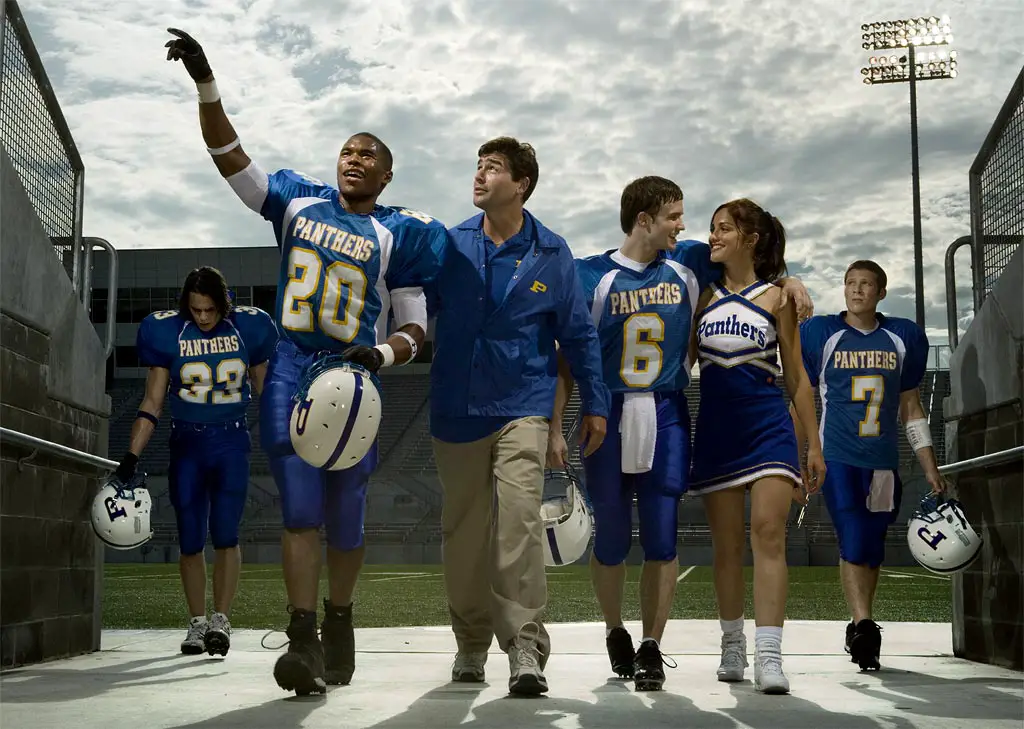
They sent organized emails to NBC in protest of the looming cancellation, and, taking it a step further, began sending light bulbs and eye drops to network executives in reference to, respectively, the show’s title and its classic motto: “Clear eyes, full hearts, can’t lose.” This petition allowed the show to continue for three more seasons.
In 2014, another NBC fan favorite, “Community,” was canceled following a tumultuous five-season run that was ultimately a ratings disaster. Protests to save the show began immediately, with fans adopting the slogan “#SixSeasonsAndAMovie”—a line on the show spoken by the character Abed about his own favorite show, “The Cape”—and spreading it across social media.
There were also some very creative posters made in support of the show’s renewal, one of which I actually have hanging on my wall because, let’s be real, “Community” is amazing.
While the “Save Community” movement didn’t manage to convince NBC to continue the show, fans saw the rising potential in online video streaming and began targeting Netflix and Hulu directly, in hopes of the show being picked up there. Neither company took the bait, but in June 2014, the newly-formed (and now defunct) Yahoo! Screen finally responded to fan outcry and picked “Community” up for a sixth season. Now, the world’s just waiting on that movie.
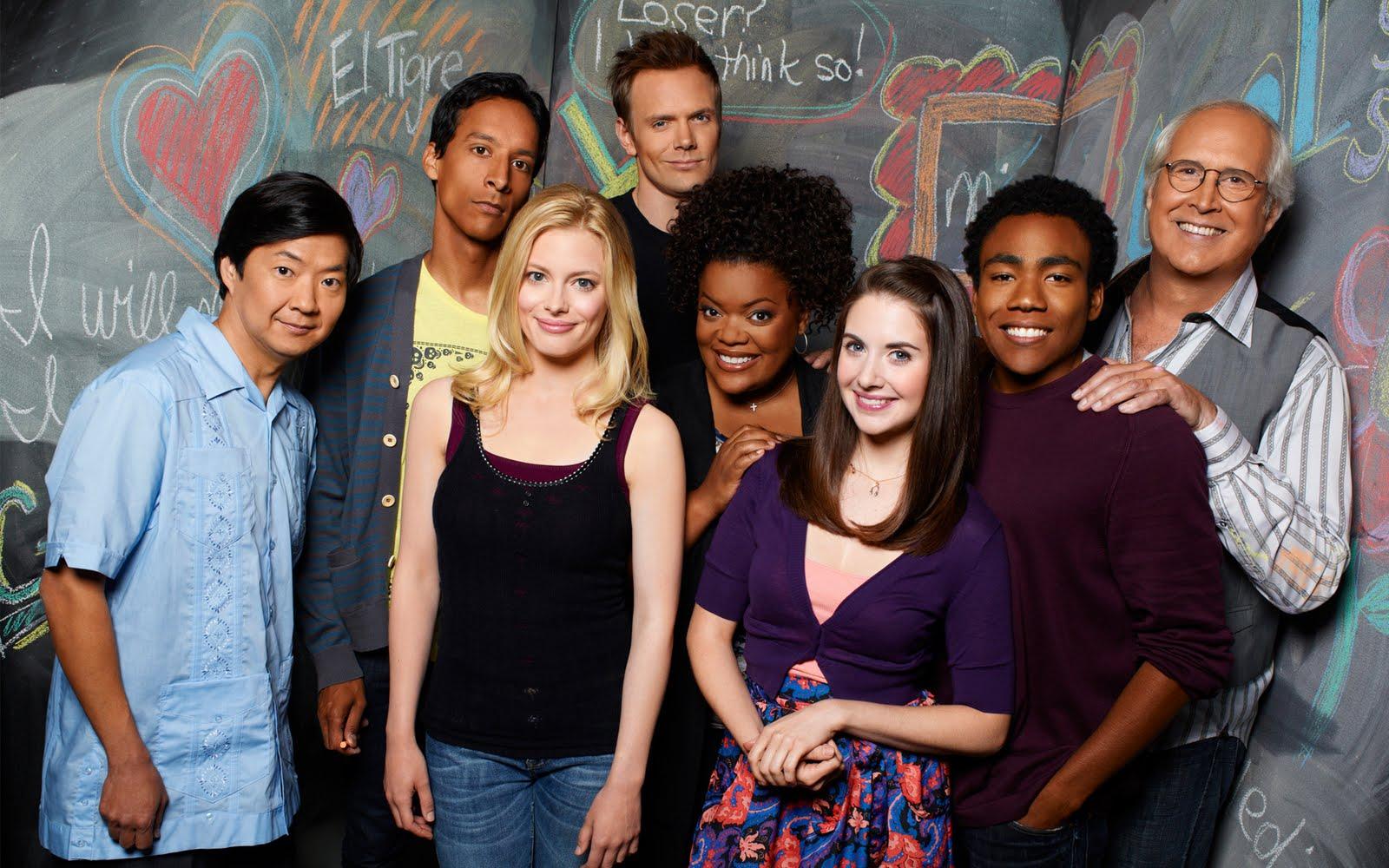
Since the rise of social media, many other shows have been saved by fandom support—which, in turn, saves the jobs of actors and all the other employees who work tirelessly on these productions.
Most recently, the Disney Channel announced that “Girl Meets World,” a sequel to the classic ’90s sitcom “Boy Meets World,” would go off the air after just three seasons. Since its premiere in 2014, the show has garnered an audience made up not just of the typical child and preteen audience of Disney Channel, but also the parents and young adults who grew up with the show’s predecessor.
In the wake of this cancellation, fans have started up the “#Planes4GMW” movement, which plays on the recurring use of paper planes in both the early “Boy Meets World” and current “Girl Meets World” opening sequences. The movement asks viewers to make decorated paper airplanes and mail them, along with letters asking for renewal, to Netflix, Hulu, Amazon Studios and Disney Channel.
Although #Planes4GMW is still in its early stages, it already has a significant following, with pictures of paper airplanes posted all over the movement’s Instagram and Twitter. It just goes to show that with the right amount of fan dedication, along with the powerful interconnectivity of social media, cancellation is far from the end of the road.
There’s so much in this world that is uncontrollable. It’s easy to believe that your voice is too insignificant to matter, that Hollywood executives in slick suits behind huge mahogany desks have all the power. But the anti-cancellation revolution proves that barriers are made to be broken down, and that fans can have a say in the fate of their favorite fictional universes.


